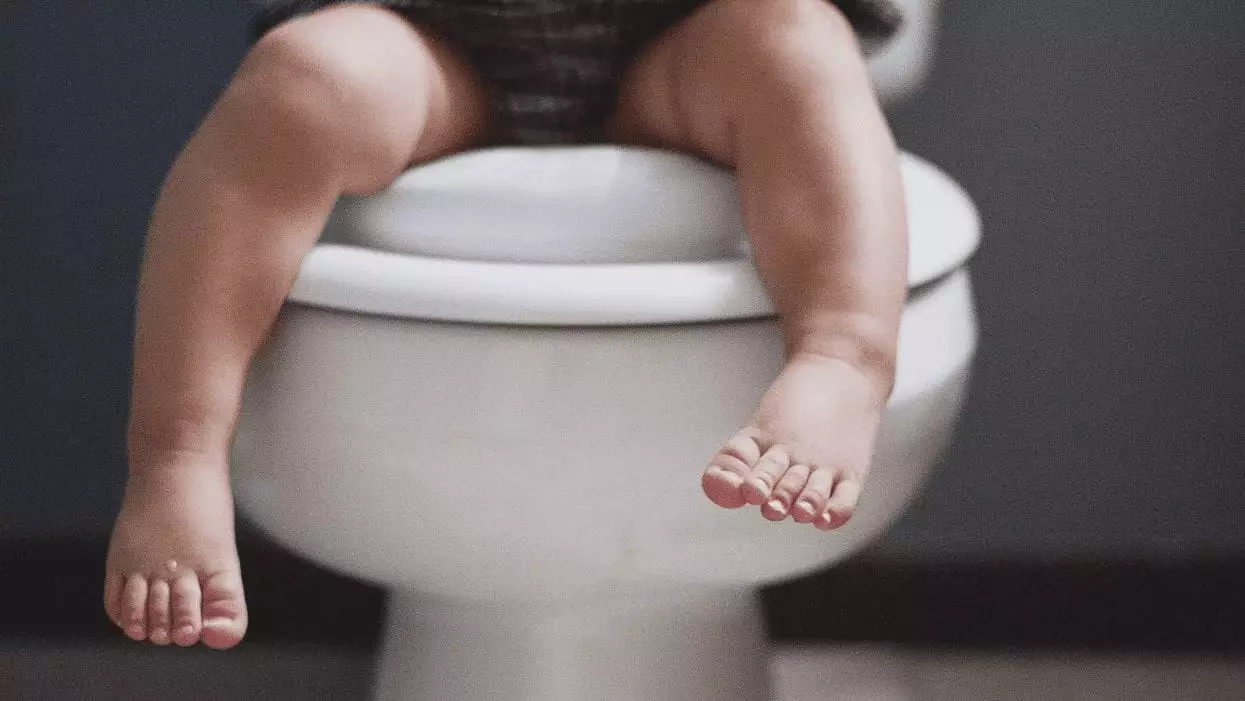Potty training is an iconic milestone in early childhood development, often marked with both anticipation and anxiety. As parents, we prepare ourselves for this challenging journey, convinced that it’s a task we can conquer with ease. However, the reality is far more nuanced and reflects the individuality of each child. Here, I’ll share my reflections on the process, interwoven with strategies, insights, and the emotional cadence that accompanies potty training.
At the onset of potty training, excitement and curiosity abound. My personal experience illustrates how this endeavor becomes a collaborative effort between parent and child. Each child’s readiness and comfort can vary significantly, creating an uneven timeline in the realm of toilet training. For instance, while some children may quickly grasp the concept, others, like my son, may take their time. This variance is crucial for parents to understand; it is okay for a child to be three or older and still show resistance to this new phase of life.
The pressure from society, extended family, and even educational institutions can weigh heavily on both children and parents. Dr. Laura Markham wisely advises against rushing the process, suggesting that parents should only initiate when they can focus on their child’s needs in a relaxed atmosphere. This sentiment rings especially true in a world where preschool expectations often impose undue stress. It’s essential to remember that learning to use the potty is not a measure of parental success or failure—it is simply a part of growth.
Another lesson I learned during this journey is the importance of managing expectations. Often, we entrench ourselves in the belief that once children transition to their big kid underwear, the ordeal is behind us. However, this assumption can lead to disappointment when accidents occur. It’s vital to accept that regression is a natural part of the process. The reality is that my child still occasionally had accidents, even after mastering daytime potty usage. This brought forth feelings of concern that perhaps I wasn’t teaching him adequately—feelings that I now realize were unfounded.
Instead of fostering an environment of pressure, it’s vital to encourage an intuitive and flexible approach. If a child is operating on their timeline, they will naturally take steps toward success. Open communication and positive reinforcement can go far in nurturing confidence. The emotional roller coaster accompanying potty training challenges can be exhausting, but it’s integral to remain patient and recognize that children thrive on support, not pressure.
Surprisingly, the experience of potty training can yield valuable insights into parenting itself. My initial assumption was that my child’s successes and setbacks were a reflection of my parenting skills. However, as I navigated through various challenges, I quickly realized that children learn to use the potty on their own terms. My son’s initial bewilderment when introduced to underwear illustrated this perfectly. For him, “big boy pants” were just another garment rather than a tool for independence.
It became clear that the most significant aspect of this experience was not the end goal but rather the journey itself—how it tested my perseverance, adaptability, and understanding. While I had anticipated major triumphs, I also encountered frustrating setbacks that shaped my perspective. The continuous cycle of learning, adaptation, and patience called for a resilient approach that expanded beyond just potty training.
Perhaps the most profound realization was that potty training serves as a metaphor for various parenting challenges. Each phase of development invites a range of hurdles that reflect broader issues of growth, trust, and understanding. For parents, it’s crucial to relinquish the illusion of control and accept that children find their paths at their pace. As their own individuals, children will bloom in unpredictable ways, and that’s something to celebrate rather than fear.
Potty training is an integral facet of childhood that fosters tremendous growth for both child and parent. While the journey may present challenges, it offers profound lessons in patience, acceptance, and the realization that progress often unfolds in its own time. As I look back on this experience, I recognize that each moment spent working toward potty training was an opportunity for connection, empathy, and personal growth—an experience that extends far beyond the bathroom.

